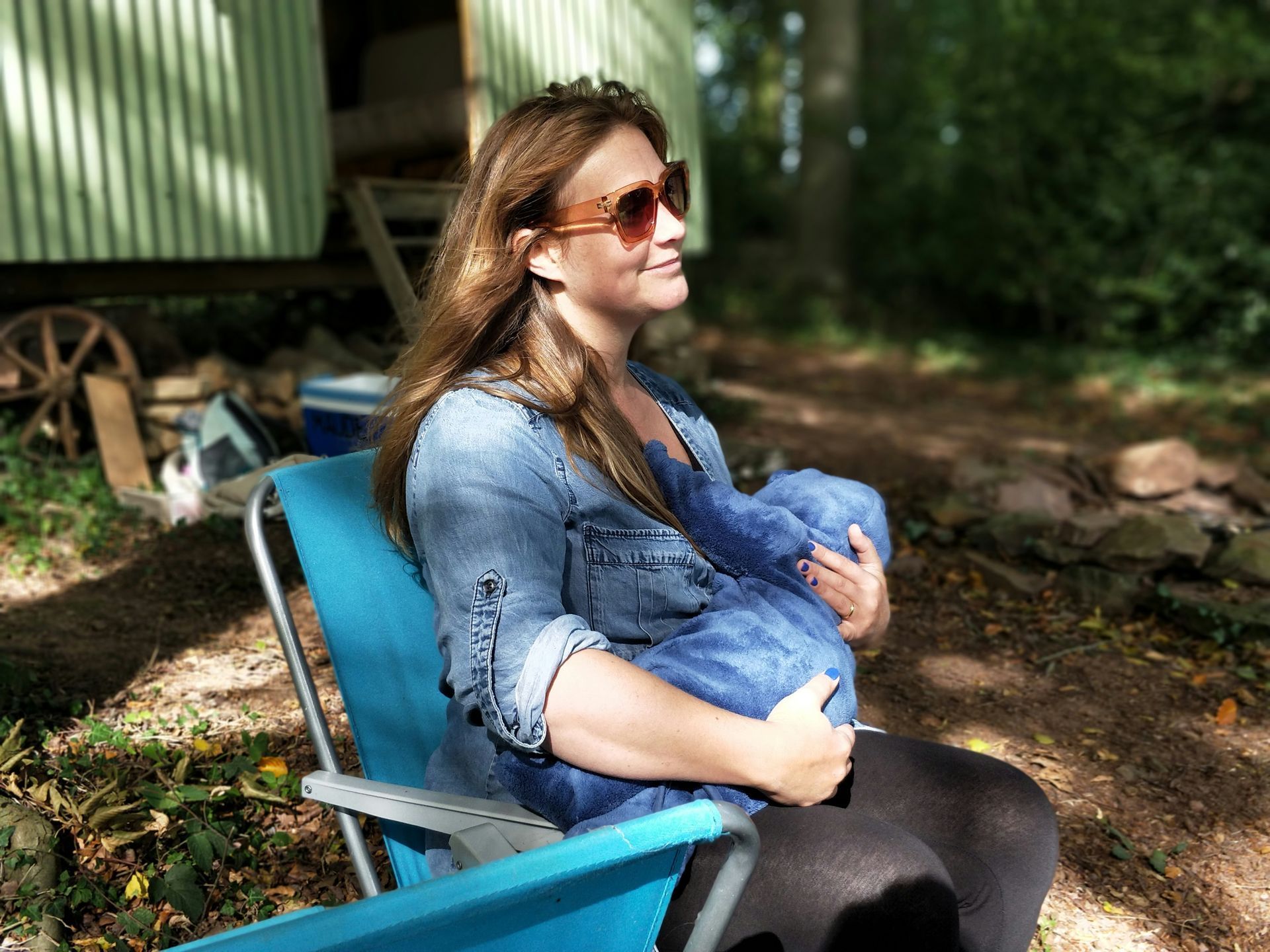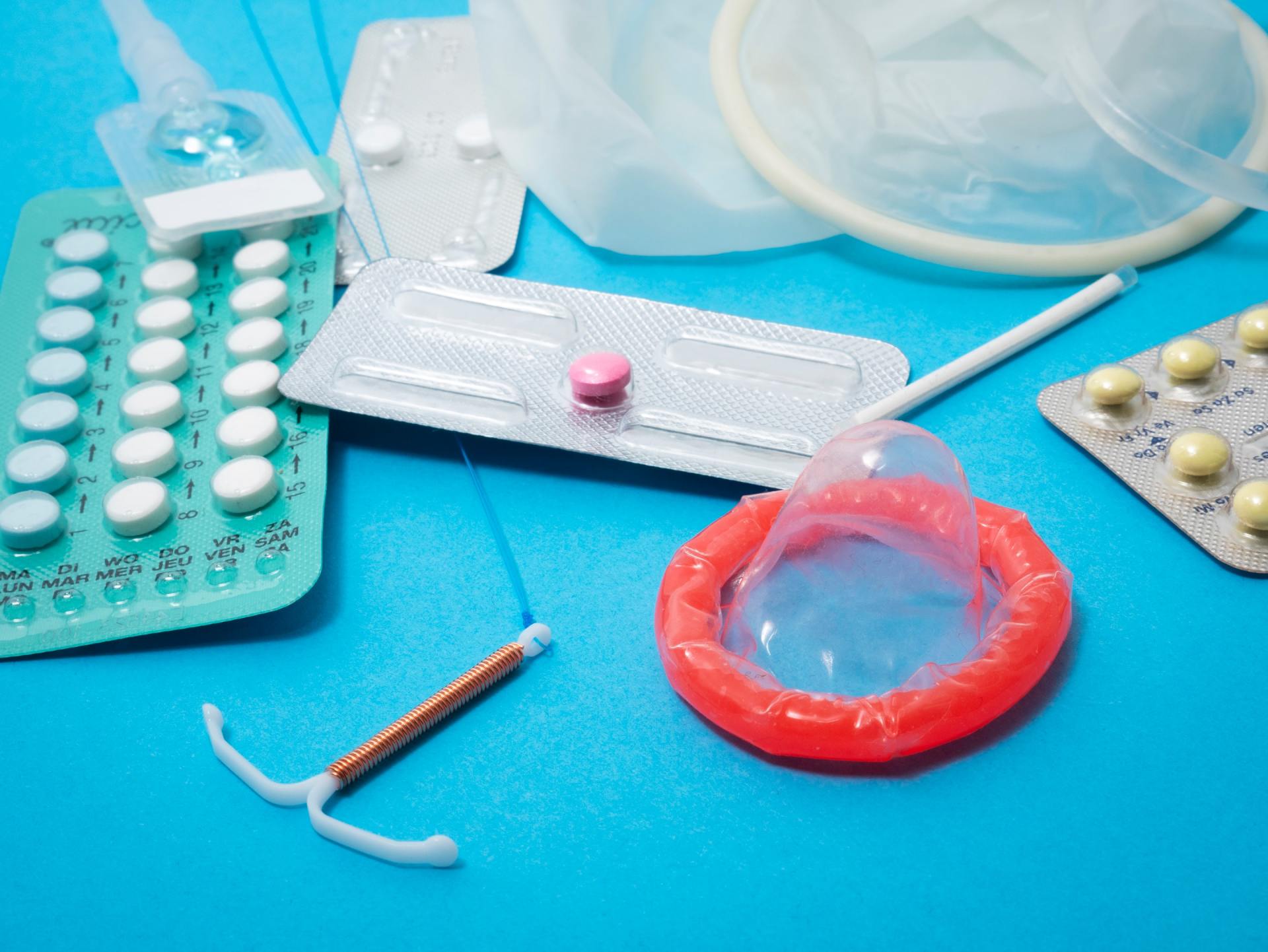Colic in Babies - Symptoms, Treatment & Relief
It's not unusual for babies to cry and fuss, we all know how difficult it is for parents to get a good sleep. However, Colic is a term for crying that either happens a lot or lasts for a very long time, perhaps even days. The term colic is becoming outdated, and the preferred term is now "unsettled behaviour". Parents often tell us that they feel at the end of their tether when their baby has colic. This article will aim to shed some light on this common and tricky condition.
Grow Medical looks at the issue of Colic babies. What is Colic in babies? Colic symptoms, treatment, relief strategies and if there is a best formula for Colic.
What is Colic in Babies?
The term Colic is used to describe a baby who cries a lot. The scientific definition was determined in 1954 which stated that it was a baby who experienced inconsolable crying for 3 hours a day, 3 days a week for at least 3 weeks a month. Today, any baby who is fussy is called colicky. Increasingly, we are using the term unsettled behaviour in place of the term colic. So what is colic in babies?
A typical story is that around three weeks after birth a baby becomes fussy, often in the evenings and cries inconsolably. It is tough! And medications rarely help. The only strategies that parents can do to help are offering lots of physical comfort, feeding on demand and regularly changing your baby's sensory environment, such as having warm baths, spending time in a carrier, walking outside, or putting music on.
This type of unsettled behaviour typically lasts for around 4 months. The baby is usually gaining weight well and is otherwise healthy. The good health and happiness of the baby at other times of the day is reassuring. Whilst these babies are well, the frustration felt by parent and children can really be detrimental on a family's wellbeing. So be sure to do something proactive. Our GPs never mind a visit if your baby is unsettled. In fact, experienced doctors are familiar with the concept of a "curative visit". It is amazing how often a baby who has been crying for hours or days will suddenly settle when at the practice. We suspect this is due to achieving a break in routine; parents relax because they are taking action, and babies relax because of the change in scenery, and the palpable sense that mum and dad are happier. A visit to the park, playing music or attending our SongLife Connections
music therapy program are all helpful interventions for the well child with colic.
For more information on Colic you can also visit Healthdirect, a free government health advice website.
Symptoms of Colic in Babies
The first thing we should acknowledge is that it is perfectly normal for babies to cry and display unsettled behaviour. Babies cry for an average of three hours per day, with some going on for even longer. A baby's crying reaches its peak at six weeks old, before then slowly reducing as the baby ages. Sometimes we are asked how to tell the difference between regular crying and colicky behaviour? The answer is that they are the same thing.
What to check if baby is crying and unsettled:
- Is baby getting enough milk?
- Is baby comfortable and stable during feeds?
- Is baby's sensory appetite being met?
- Is there any clearly identifiable cause of pain or discomfort?
- Does your baby have a fever? Any baby below 3 months with a fever should see a doctor.
Baby Colic Treatment
Colic will pass on its own without treatment and medication for Colic is rarely useful. Some medication can make your baby sleepy, which can be dangerous. As always, you should seek medical advice before administering any medication to your baby.
Babies are learning everything for the first time. When unsettled behaviour is clearly related to gas or passing wind, we see that this sometimes reflects a baby learning what it feels like to have a gas bubble pass through their gut. After all, a baby has spent its first nine months inside the womb, where there this no gas, and the gut is deflated. Suddenly, their gut is starting to ferment, produce gas, and inflate with wind. This may explain why many babies with no medical problems have an escalation in crying behaviour in the first weeks of life, which later subsides.
Babies do swallow air when feeding and crying. Babies burp this up easily and it is actually not necessary to burp your baby.
Gas in the intestinal tract of babies comes mostly from the same source as gas the GI tract of adults - from the digestion of food. Babies digestive system is also immature for the first 3-4 months. Burping won’t do anything to decrease this gas. All you can really do is comfort and maybe try and take their mind off the discomfort. Step outside, take a walk or a bath for example.
Baby Colic Relief
One of the most important things you should do for baby Colic relief is hold your child. This will show your child that you are there for them, even if the crying continues. Close Skin-to-Skin contact has been proven to reduce infant crying, so it not only reassures you and your baby, but also helps the problem. Responding mindfully to crying by taking a pause to think about what your baby is telling you, then responding in this way, will help reduce the crying next time.
Most relief for colic will have to be tried and tested. You will have to find a technique that will help calm your unsettled baby, whether it is using a baby sling, sitting on a rocking chair, or playing soothing and rhythmic music. Music is a great way to connect with you baby and help with settling, which is why we run SongLife Connections
music therapy.
You should also be careful that you are not trying too hard to relax your child (too much bouncing, patting or burping). Try laying your child down and see if they settle.
Best Formula for Colic
Very rarely, colic may be increased by issues in either the baby's or the mother's diet. Consequently, if your child is bottle-fed you may wish to rule out the formula as the cause of the colic. To find the best formula for colic, you should discuss with your GP and our other mother and baby experts. If needed they can help find the perfect formula for your baby.
We don't routinely advise extensive changes to formula, or significant elimination diets for mum. Whilst this is sometime helpful, it can result in unintended consequences of nutritional disadvantage. Where it appears there is a particular cause, please book an appointment with us and discuss prior to commencing any exclusion diet.
Colic in Babies Consultation
All our GPs have a passion for early life, and it is best to start with your regular General Practitioner when dealing with colic because there is such a broad range of causes.
For more complex cases, contact Dr Kate Pink (GP) or Dr Sonja Morgan (GP Lactation Consultant) who's expertise include antenatal and postnatal care of mothers, as well as care for newborns. They are particularly skilled in this area, and have assisted many mothers and babies to get through those difficult early days, and continues to care for many throughout childhood.
Dianne Walsh (Midwife Lactation Consultant) offers a holistic and empowering approach to breastfeeding support, as well as help with other feeding, sleeping and settling issues. Dianne can provide education, support and assistance in the comfort of your own home, or a consultation at one of our clinics.
Sharing your experiences with other parents can be one of the most effective ways to get through the early days. Make sure you join one of our Free Parents Groups, facilitated by experienced baby nurse Kay Whitby.
Book a consultation
with Grow Medical today.
Other Articles On Breastfeeding

Returning to exercise after having a baby can be daunting, and for many women, they are unsure of where to start or where to seek advice. Like so many other aspects of parenthood, there isn’t a simple rule. There are, however, some fantastic guidelines we can follow to help ensure a safe return to exercise and every day activities. The evidence directs us towards low impact, controlled activity in the first 6 weeks where we are aiming to maximise natural recovery and facilitate healing and gentle strengthening of the pelvic floor and abdominal muscles. Growlife Medical are experienced in caring for you after a pregnancy. P lease contact us today for advice.










